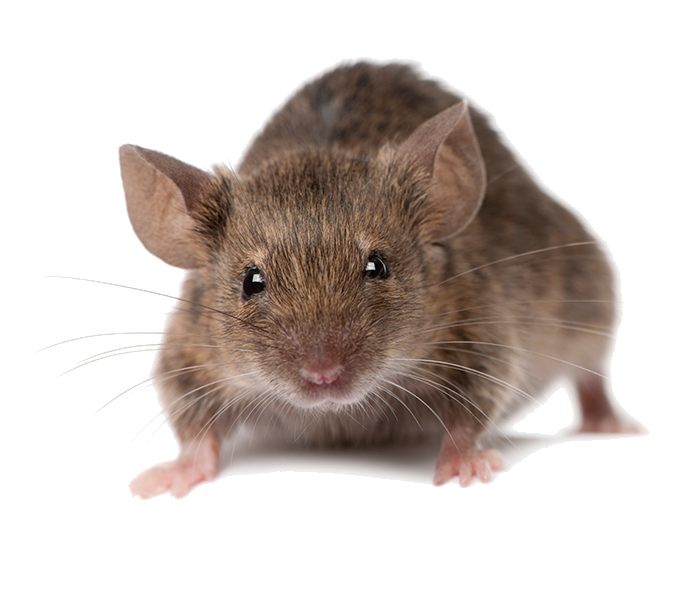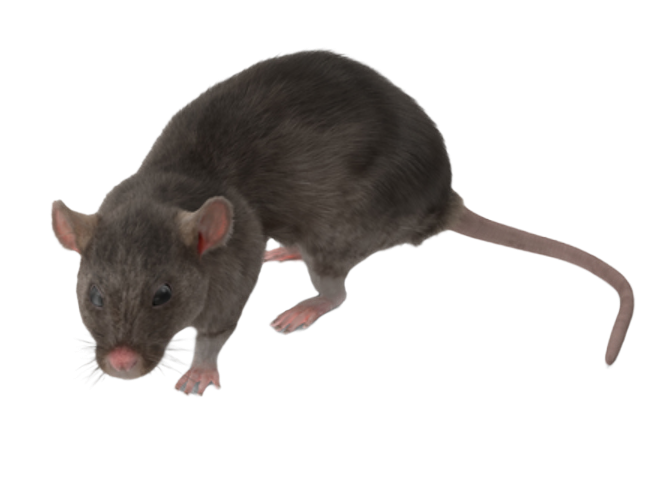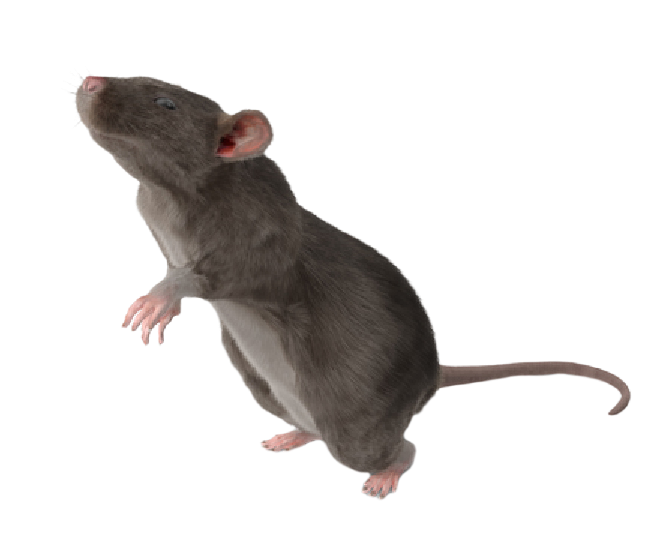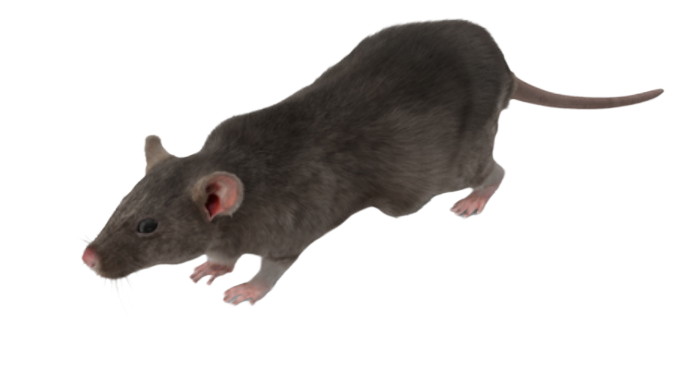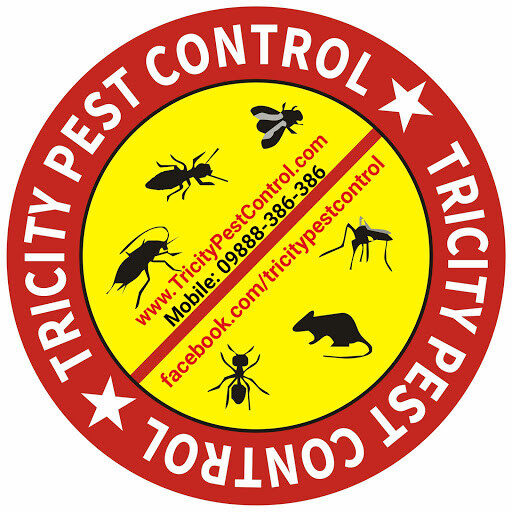Rodents Unveiled: From Diversity to Pest Status
Rodents, the diverse group of mammals in the order Rodentia, are characterized by their continuously growing incisors. This feature necessitates constant gnawing to prevent overgrowth. With over 2,000 species, including mice, rats, squirrels, beavers, and guinea pigs, among others, rodents are the largest order of mammals.
Insight into Rodents:
- Diverse Group: Rodents comprise over 40% of mammalian species, showcasing their vast diversity.
- Unique Dental Structure: Their continuously growing incisors are a unique feature, requiring regular gnawing to maintain.
- Adaptability: Found in diverse habitats worldwide, rodents can thrive in forests, grasslands, and urban areas.
- Reproductive Rates: Known for their high reproductive rates, rodents can rapidly increase their populations.
- Dietary Habits: Rodents are omnivorous, feeding on seeds, fruits, vegetables, insects, and small animals.
- Ecological Role: They play crucial roles in ecosystems as prey, seed dispersers, and soil aerators.
- Pest Status: While some rodents are beneficial, others are considered pests due to their ability to damage crops, spread diseases, and infest human dwellings.
- Communication: Rodents communicate through vocalizations, body postures, and scent marking.
- Lifespan: Rodents’ lifespans vary depending on the species, ranging from 1-3 years for mice and rats to 10-20 years for squirrels and beavers.
- Research Importance: Rodents are commonly used in scientific research due to their genetic and physiological similarities to humans.
Risks Associated with Rodents:
- Disease Transmission: Rodents can transmit diseases like Hantavirus, leptospirosis, and salmonellosis to humans.
- Property Damage: Their gnawing behavior can cause damage to buildings, furniture, and electrical systems.
- Food Contamination: Rodents can contaminate food supplies with their urine, feces, and hair, leading to foodborne illnesses.
- Crop Damage: They can cause significant damage to agricultural crops by feeding on plants and seeds.
- Allergies and Asthma: Rodent allergens can trigger allergies and asthma in susceptible individuals.
- Parasites: Rodents can carry parasites such as fleas, ticks, and mites, which can transmit diseases to humans and pets.
- Structural Integrity: They can compromise the integrity of structures by burrowing into walls and insulation.
- Reproductive Potential: Rodents have high reproductive rates, leading to large infestations if not controlled.
- Environmental Impact: Rodent control measures can have negative impacts on the environment and non-target species.
For effective rodent control, implement measures such as sanitation, exclusion, and population control. Our tailored treatments are designed to eliminate rodents from your home or business, with expert prevention advice to avoid future infestations. Trust us to safeguard your space from these troublesome pests.
